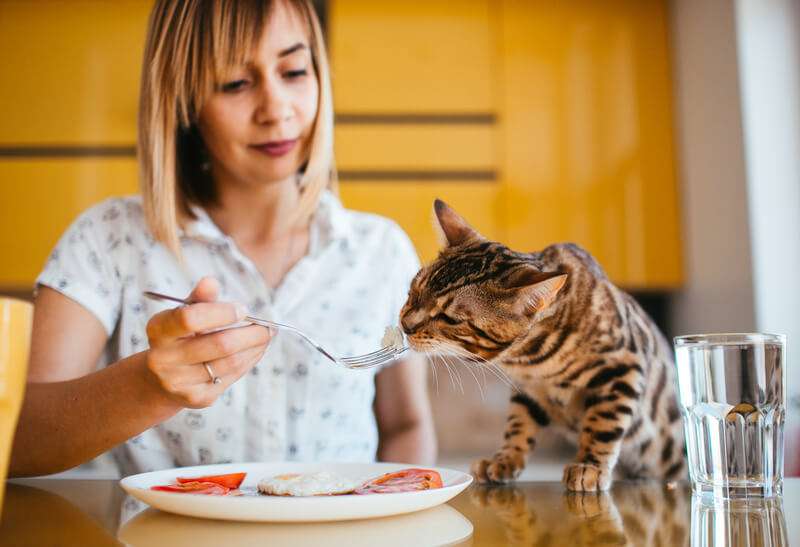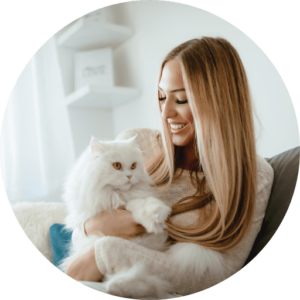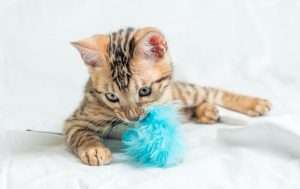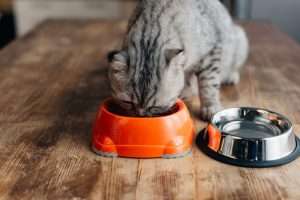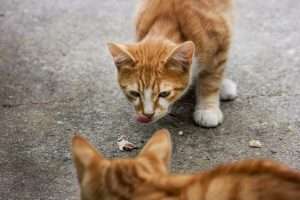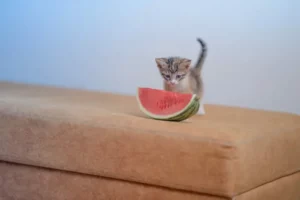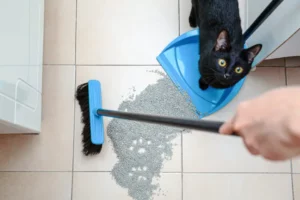Table of Contents
As pet owners, we all want to ensure that our cats receive a well-balanced diet that provides them with all the necessary nutrients to stay healthy. However, sometimes we may be tempted to give our feline friends some human foods as treats or as a change of pace. One such food that may come to mind is imitation crab. In this article, we will explore whether cats can safely eat imitation crab and the potential benefits and risks associated with it.
Can Cats Eat Imitation Crab? Before we delve into the topic, it’s essential to understand the importance of a balanced diet for cats. Just like humans, cats require a balanced diet that contains the necessary vitamins, minerals, and nutrients to maintain optimal health. A balanced diet ensures that cats receive the appropriate amount of protein, fats, carbohydrates, and other nutrients that are essential for their growth and development.
In this article, we will discuss the nutritional value of imitation crab, the potential benefits and risks of feeding it to cats, and alternative food options that can be safely incorporated into a cat’s diet.
Nutritional Value of Imitation Crab for Cats
Imitation crab, also known as surimi, is a type of processed seafood made from a mixture of fish, starch, and other additives. Many people enjoy this seafood alternative, and pet owners may be curious about whether or not their cats can have it.
Imitation crab is a source of protein, which is an essential nutrient for cats. Protein provides the building blocks for muscle tissue, and cats require a higher protein intake than many other animals. Imitation crab is also a source of minerals like Overweight cat’s phosphorus and selenium, which are important for maintaining healthy bones and tissues. Additionally, some brands of imitation crab contain added omega-3 fatty acids, which can support heart health and contribute to a healthy coat and skin.
However, it is important to note that imitation crab is not a necessary addition to a cat’s diet. Cats are obligate carnivores, meaning that they require a diet that is high in animal-based protein. While imitation crab may provide some protein, it is not a complete source of the nutrients that cats need to thrive.
Furthermore, some brands of imitation crab may contain additives or preservatives that could be harmful to cats. It is essential to check the ingredient list and nutritional information of any imitation crab product before offering it to your cat.
Despite these caveats, there are some potential benefits to feeding cats imitation crab in moderation. For example, it can be a way to introduce variety to a cat’s diet or provide an occasional treat. However, it is crucial to remember that imitation crab should never replace a balanced and nutritionally complete cat food diet.
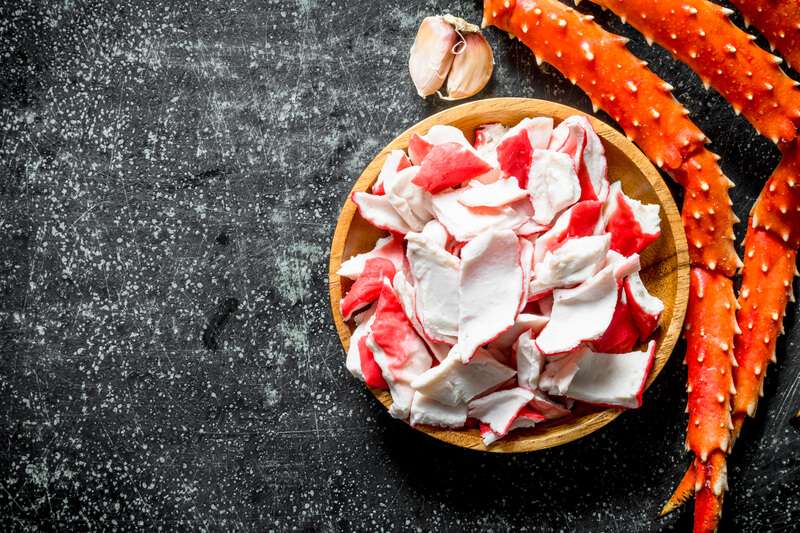
Can Cats Eat Imitation Crab?
While imitation crab may seem like a tasty treat for your feline friend, there are several risks and potential harms associated with feeding it to cats.
Digestive Problems: Imitation crab is made from a processed fish called surimi, which is blended with other ingredients like starch, egg whites, and flavorings. The high carbohydrate content and other additives in imitation crab can cause digestive issues such as diarrhea and upset stomach in cats, particularly if they consume large amounts.
Sodium Toxicity: Imitation crab contains high amounts of sodium, which can be harmful to cats in excess. Sodium toxicity can lead to symptoms such as vomiting, diarrhea, excessive thirst, and even seizures.
Allergic Reactions: Some cats may be allergic to seafood or certain ingredients in imitation crab, such as egg whites or artificial flavorings. Allergic reactions can cause symptoms like skin irritation, itching, vomiting, and diarrhea.
It’s important to note that while some cats may tolerate small amounts of imitation crab without any issues, it’s generally not recommended as a regular part of their diet.
Exceptions where imitation crab may not be recommended for cats include those with health conditions such as kidney disease, heart disease, or high blood pressure. Additionally, cats with known allergies to seafood or any of the ingredients in imitation crab should avoid it altogether.
In summary, while imitation crab may be a source of protein and omega-3 fatty acids, the potential risks and harm to cats outweigh any potential benefits. As such, it’s best to avoid feeding it to your feline friend and stick to a balanced diet consisting of high-quality cat food and appropriate treats.
Alternatives to Imitation Crab for Cats
While imitation crab can provide cats with a source of protein and omega-3 fatty acids, there are alternative sources of protein that are safer and more beneficial for cats to eat. Here are some options to consider:
Cooked Meat: Cooked chicken, turkey, beef, and lamb are all excellent sources of protein for cats. It is important to ensure that the meat is cooked thoroughly and does not contain any bones or added seasoning. Feeding your cat cooked meat as a treat or mixed with their regular food can be a great way to give them a boost of protein.
Cooked Fish: Cooked fish such as salmon, tuna, and mackerel are also good sources of protein and omega-3 fatty acids. However, it is important to ensure that the fish is cooked thoroughly and does not contain any bones. Fish can be fed to cats as a treat or mixed with their regular food.
Commercial Cat Food: High-quality commercial cat food contains all the essential nutrients that your cat needs for a healthy and balanced diet. Look for cat food that has a high percentage of protein and is made with quality ingredients. Avoid cat food that contains fillers such as corn, wheat, and soy.
Homemade Cat Food: If you prefer to make your cat’s food at home, it is important to ensure that their diet is balanced and meets all their nutritional needs. Homemade cat food should contain a source of protein, such as cooked meat or fish, as well as a source of carbohydrates and vegetables.
When introducing new foods into your cat’s diet, it is important to do so gradually and in small amounts. This will help to prevent digestive upset and ensure that your cat tolerates the new food well. Always consult with your veterinarian before making any changes to your cat’s diet, especially if they have any health conditions or allergies.
In summary, while imitation crab can be a source of protein for cats, it is not the best option due to its high sodium content and potential risks of digestive upset. Cooked meat, fish, high-quality commercial cat food, and homemade cat food are all safer and more beneficial options for providing your cat with the protein they need to maintain a healthy and balanced diet.
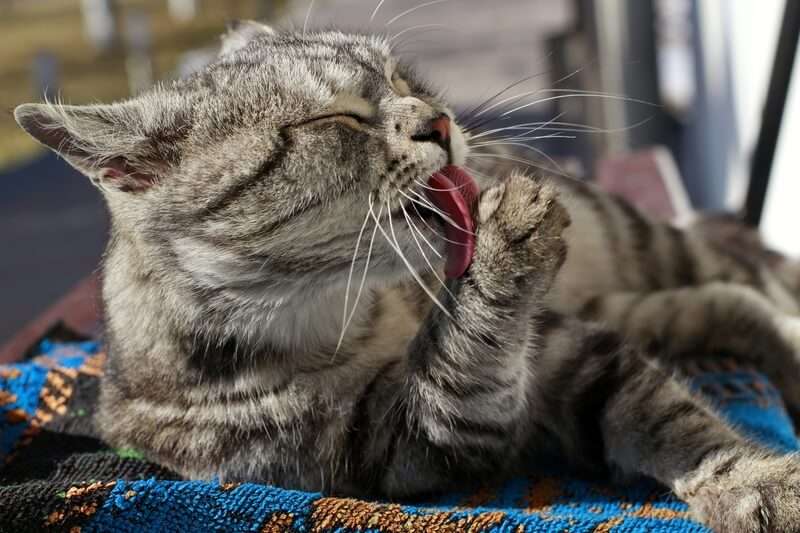
FAQs:
It is generally recommended to avoid feeding cats any types of imitation crab as it is highly processed and contains a high amount of sodium, which can be harmful to their health. It is best to stick to natural sources of protein such as cooked meat or fish.
In moderation, some types of seafood can be a healthy addition to a cat's diet. Shrimp and lobster are both safe for cats to eat as long as they are cooked and served without any seasoning or added ingredients. However, it is important to note that seafood should only make up a small portion of a cat's diet and should not be the sole source of protein.
Cats require a balanced diet that includes protein, fat, carbohydrates, vitamins, and minerals. Protein is especially important for cats as it helps to build and repair muscle tissue. Good sources of protein for cats include meat, fish, and poultry. Fats provide energy and help to support a healthy coat and skin. Carbohydrates are not essential for cats, but small amounts of grains and vegetables can provide fiber and other nutrients. Vitamins and minerals are also important for a cat's overall health and can be found in a variety of foods.
Yes, some cats can be allergic to imitation crab. The symptoms of an allergic reaction in cats can include vomiting, diarrhea, itching, and swelling. If you suspect that your cat is having an allergic reaction to a particular food, it is important to contact your veterinarian right away.
If your cat accidentally eats imitation crab, monitor them closely for any signs of digestive upset or other symptoms. If you notice any changes in your cat's behavior or health, contact your veterinarian right away. In general, it is best to avoid feeding cats imitation crab and stick to natural sources of protein.
Conclusion
In summary, it is possible for cats to eat imitation crab, but it is not a necessary addition to their diet. Imitation crab can provide some benefits to cats such as a source of protein and omega-3 fatty acids, but it also comes with potential risks and harm such as digestive problems and sodium toxicity. It is important for cat owners to be aware of these risks and to exercise caution when feeding their pets imitation crab.
There are also plenty of alternative sources of protein that are safe for cats to eat, such as cooked meat or fish. It is important to incorporate these foods into a balanced diet for cats to ensure that they are getting all the nutrients they need to thrive.
If you have any questions or concerns about what foods are safe for your cat to eat, it is always best to consult with your veterinarian. They can provide guidance on what types of food are appropriate for your cat’s specific needs and health condition.
In conclusion, understanding what foods are safe for cats to eat is crucial for their overall health and wellbeing. While imitation crab can be a tempting treat for cats, it is important to weigh the potential risks and benefits before feeding it to them. Always prioritize a balanced and nutritious diet for your furry friend.


